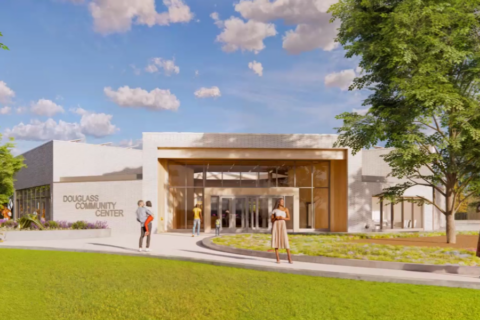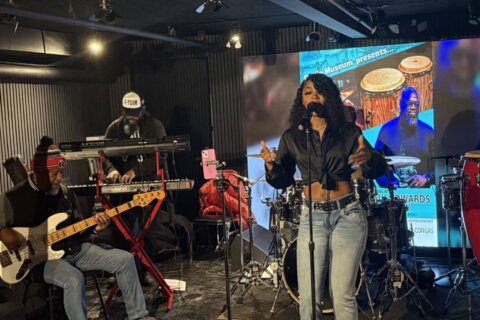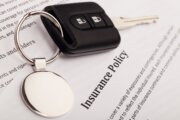D.C.’s mobile app for sports betting didn’t get off to a great start, underperforming despite expectations and losing money. Some in the District Council who voted for the current setup have since expressed their regret, but others say it’s working.
“In its first year of legal sports wagering, the program generated zero dollars for the District. Zero dollars,” said Kenyan McDuffie on Wednesday during a Council committee oversight hearing.
McDuffie is the chairman of the Business and Economic Development Committee. “Last year, the District lost $4 million.”
Initial projections had the city making over $90 million from sports betting by now. Since then, those projections have been lowered and lowered.
And since then, “Gambet DC also appears to be underperforming in comparison to in-person or retail sports wagering operations, such as betting windows or on-site mobile options, which is the opposite trend of any other jurisdiction where statewide mobile is available,” McDuffie said.
“No one likes to be made … a fool of, but I swear that is exactly how I feel,” Council member Vincent Gray said.
But Frank Suarez, who heads the Office of Lottery and Gaming, said that the Gambet mobile app is now heading in the right direction, while the private companies that operate in small pockets of the city are seeing declines.
“The ship is righting already,” Suarez said. “Gambet DC handle is up significantly this year. The transfer is up. It’s over double what the private operators are providing in tax revenue. Everything points to the right direction and the model is working as it should now.”
Gambet has an advantage in D.C. — it both sets up kiosks in restaurants and other businesses around the city, while also running the only mobile app that can be used around most of the District.
In comparison, other competitors are limited to either one physical location or mobile apps that can only work within two blocks of that location. Suarez said that D.C. is small enough that it won’t hinder people who want to make a choice; and since improving the odds it provides to bettors, people are more interested in using Gambet.
“We’re up 31% … year to date, versus last year in the same time period,” Suarez said.
But some council members still weren’t impressed.
“The thing is, our app was performing so poorly that I guess we could keep going down, but there’s really only one way to go but up, right?” At-large member Elissa Silverman said.
“Yes, or it could continue to perform badly,” Suarez responded.
On multiple occasions, he was asked about what it would cost to change the law and open up a competitive mobile sports betting market in the city. Suarez did not give exact figures, but said it would not be in the city’s interests to do so.
“Not only would changing the model to privately operated mobile and online model be riskier, and provide a lower share of sports wagering profits to the District, but it would also increase regulatory costs,” Suarez said.
He said regulatory costs have been almost as high as the amount of money generated by the three private operators working out of the city’s stadiums, as well as Grand Central, a bar in Adams Morgan that has its own retail operation.
“You’re basically saying we have stumbled and fumbled into the most ideal system we can have,” Ward 3 Council member Mary Cheh said.








